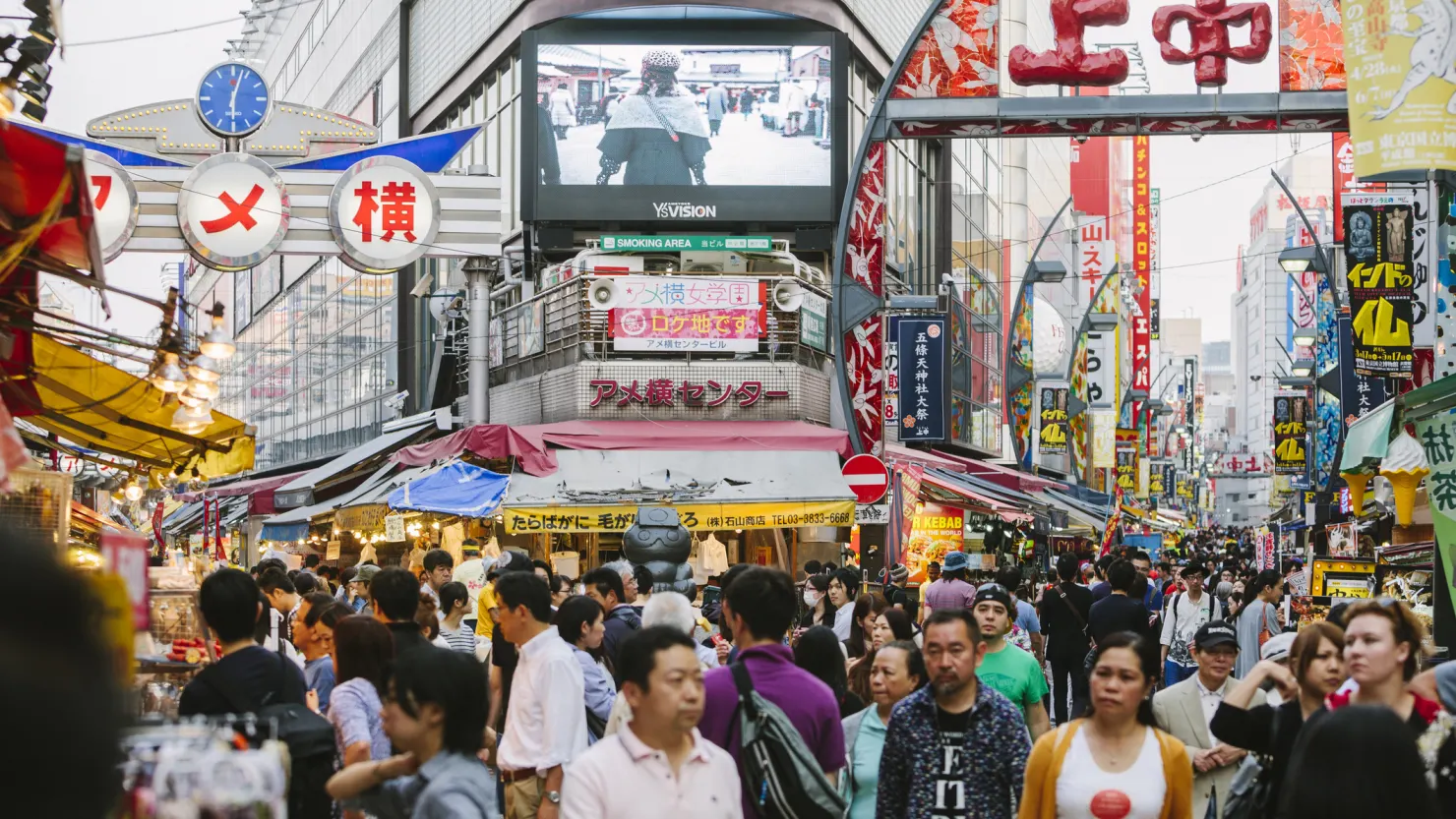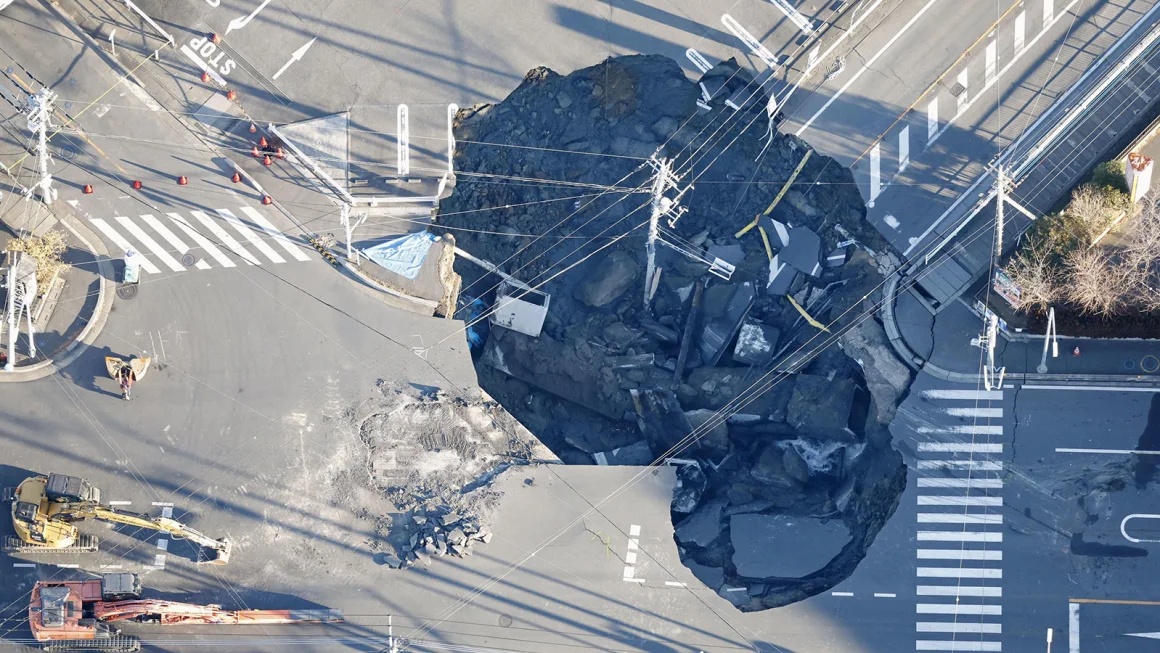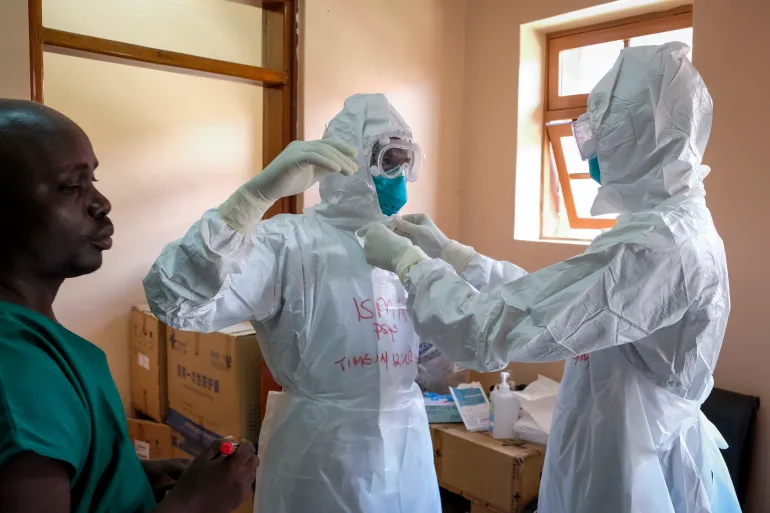Myanmar’s military junta has extended the country’s state of emergency for another six months, marking a further sign of its precarious hold on power as armed conflict intensifies across multiple regions, Al Jazeera reports.
The decision, made during a meeting of the military-controlled National Defence and Security Council on Friday, comes just ahead of the fourth anniversary of the coup that plunged the nation into chaos.
Myanmar has been in a state of turmoil since February 1, 2021, when the military seized control from the democratically elected National League for Democracy (NLD) government. The military also arrested Aung San Suu Kyi, the NLD’s popular leader. The coup followed the military’s unsubstantiated claims of widespread voter fraud during the 2020 elections, which the NLD won in a landslide.
Initially imposing a one-year state of emergency, the military has repeatedly extended it in six-month increments. This prolonged emergency has coincided with a brutal crackdown on pro-democracy protests and the emergence of armed resistance groups, including ethnic armed organizations and anti-military fighters.
Military Commander-in-Chief Min Aung Hlaing, who holds the self-appointed positions of prime minister and president, had previously promised elections by August 2023. However, these elections have been repeatedly delayed as the armed rebellion has escalated across the country.
The military has faced a series of significant defeats in the northern and western regions since late 2023. The United States Institute of Peace has described the military’s current situation as a crisis of “unprecedented scale,” marking a significant challenge to the institution that has dominated Myanmar’s politics since the 1960s.
Despite the ongoing conflict, there is growing internal and external pressure for the military to hold long-delayed national elections. These are now widely expected to take place in late 2025. However, opposition groups have vowed to disrupt the elections, denouncing them as an attempt to legitimize the military regime’s power grab four years ago.








